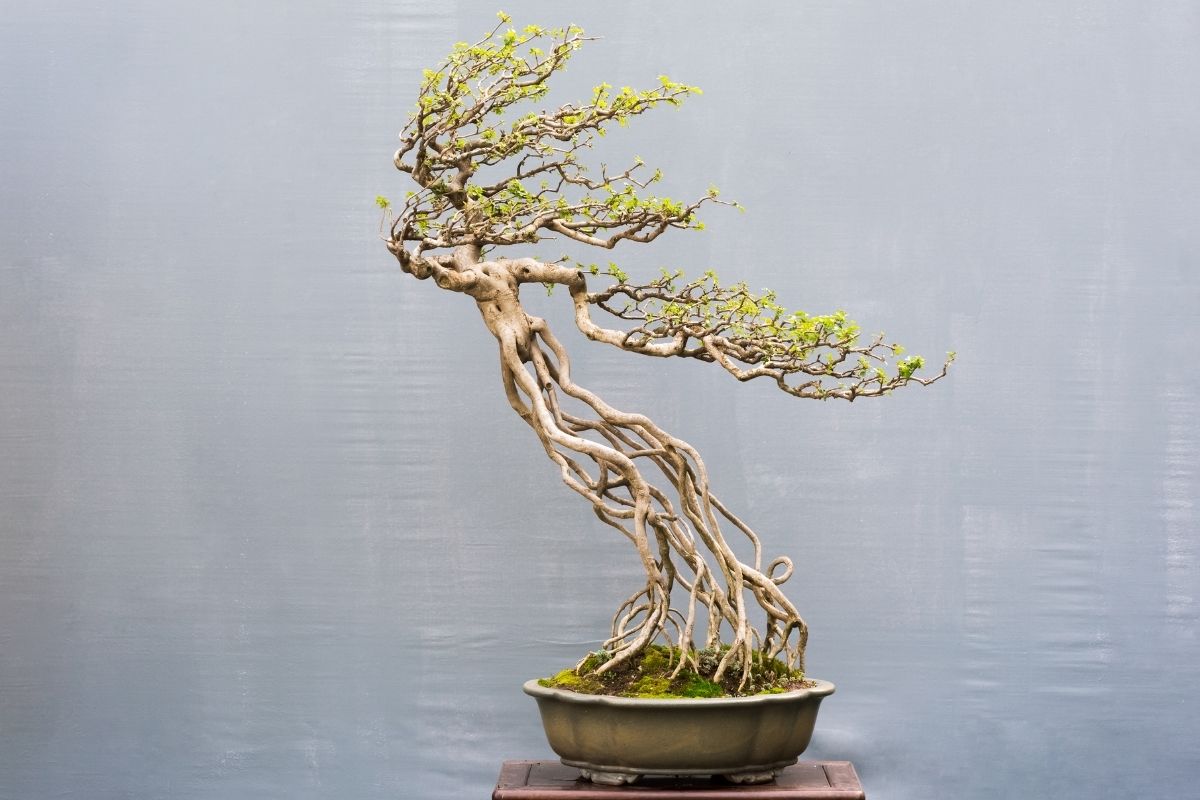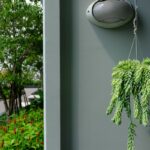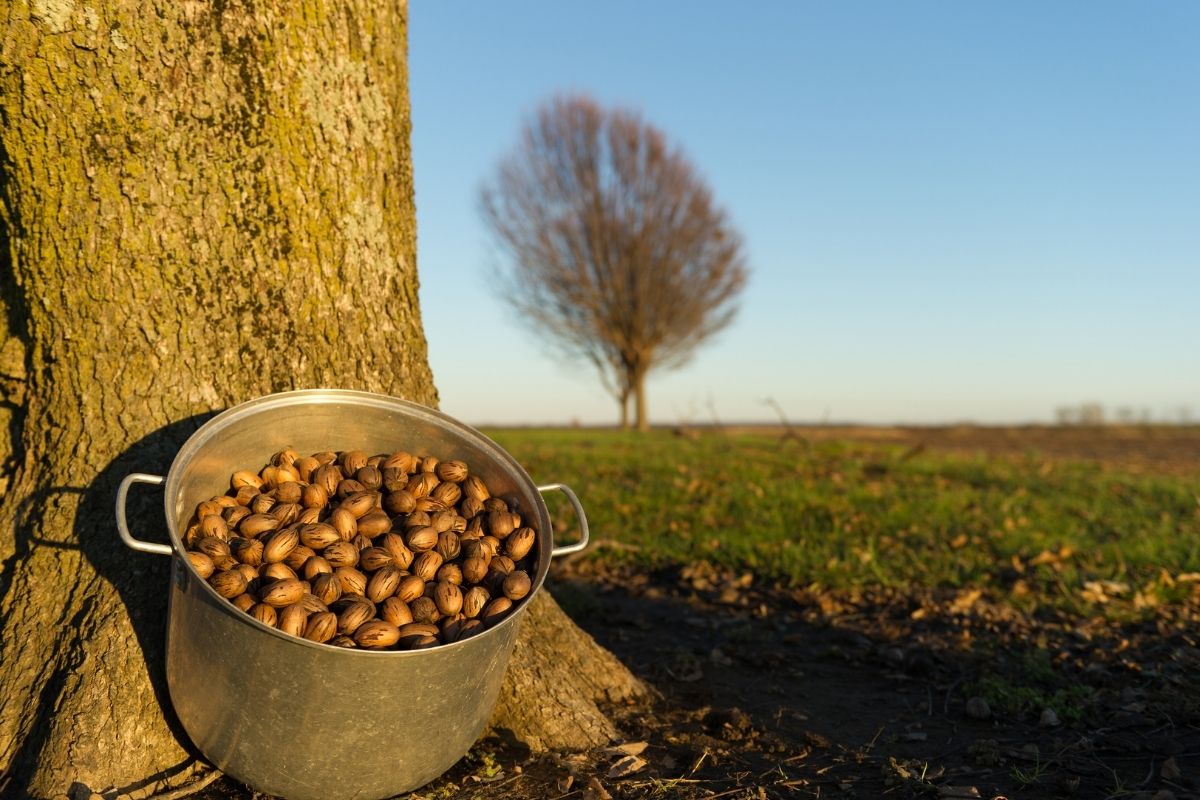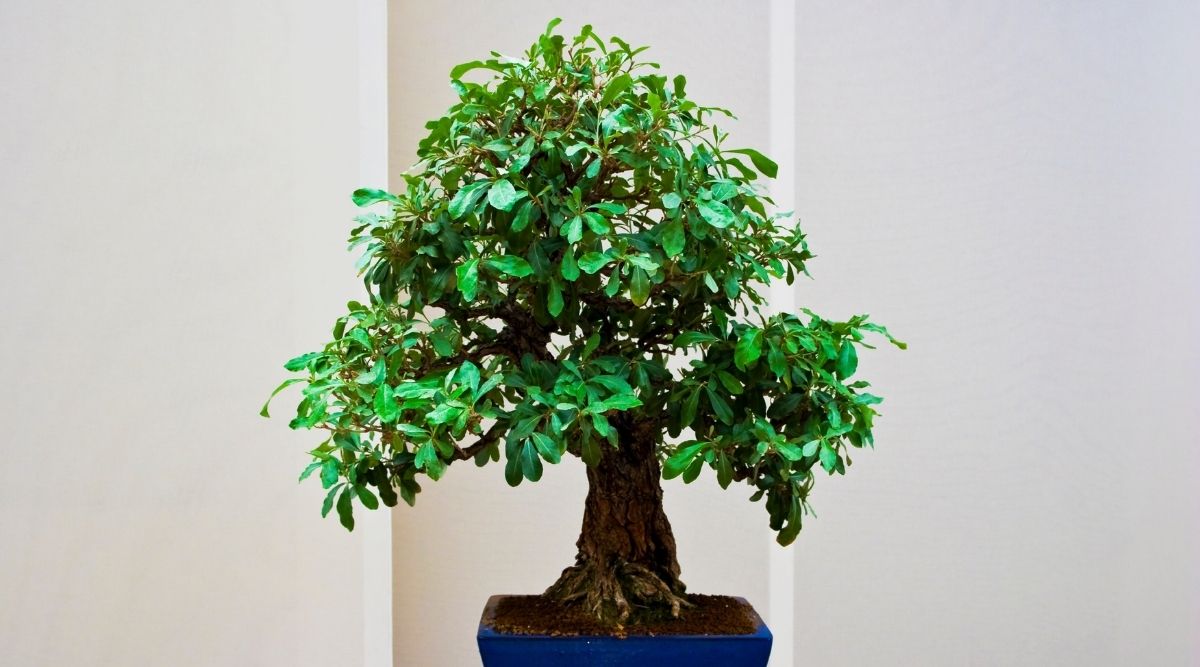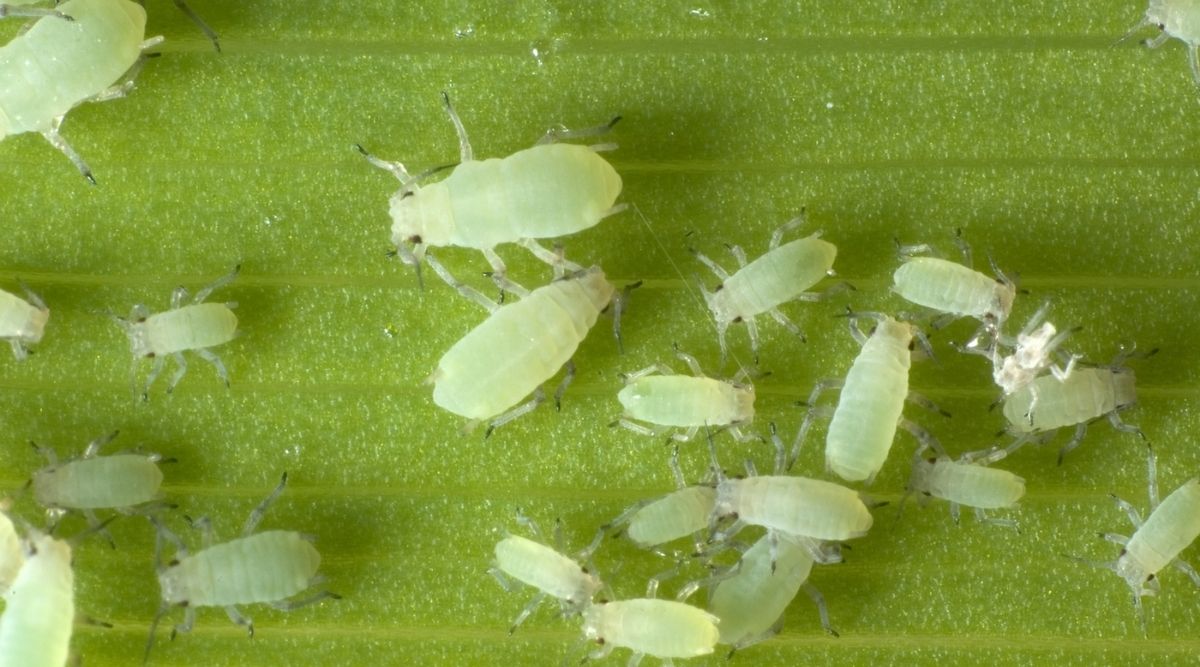Whatever you like in your garden or in your home, you want to try and keep your plants and trees living as long as they possibly can. Dying plants can look unsightly and can really get you down psychologically.
But the thing is, it’s not always simple to know when they are dying, and ginseng is no exception to this. So, what’s the answer?
This guide will explore all of your growing questions around ginseng, including what it is, how you would know if it is dying and how to keep your ginseng healthy for as long as possible.
What Exactly Is Ginseng?

A ficus ginseng is an indoor plant that is a type of bonsai tree, although it is not a true bonsai tree. It can grow up to around 40 inches tall at its largest and is relatively easy to grow when it has enough light exposure and water.
It has a great appearance of very thick roots in a sort of “legs” shape at the bottom of the tree with dark green leaves. The tree is native to Asia and is a popular choice among people who want to get involved in the art of bonsai.
It’s important that we differentiate between ginseng ficus and ginseng panax. This guide will be discussing ginseng ficus. The other is ginseng panax, which for many people is more widely understood due to its health uses.
How Do You Grow A Ginseng Ficus?
The first step in growing a good and healthy ginseng ficus is to get the location right.
Most bonsai trees don’t die because of their age, although eventually that will be the case – so if you notice your ginseng has died, chances are – you’ve messed up somewhere!
Choose the perfect location for your ginseng ficus but focusing on how it grows naturally in southeast Asia. You’ll want somewhere that allows the ginseng to get plenty of indirect sunlight and is watered enough.
Indirect sunlight is usually found in the home near windows or in summer houses.
It’s not good to allow your ginseng to get too cold, but it’s a good idea to take it outside from time to time. Remember though, not to put it in direct sunlight.
So, if you live in a particularly sunny state – try and place it in an area that is covered but gets some indirect sunlight for it to thrive.
If you live in a particularly cold state, try not to leave it outside too long as it will get cold.
When ginseng gets too cold, the moisture it has gathered into its leaves will be drawn out of it leading to dehydration – so while it’s a good idea to aerate the plant outdoors, cold climates will be detrimental to the tree’s health.
During summer or hot weather, you’ll want to ensure the soil is getting enough fluid and in the winter or colder times, you can slow down on the watering.
Ginseng can survive without being watered constantly, but to prolong its life, you’ll need to keep an eye on it.
People often wonder how you can recreate the humid conditions for the soil that a ginseng would normally experience in its origin lands of southeast Asia, and the way to do this is using pebbles.
You might have noticed online or in garden centers that ginseng ficus are often in pots with pebbles. This allows the soil to be more aerated and promotes humidity.
How Can I Look After My Ginseng During Colder Or Winter Periods?
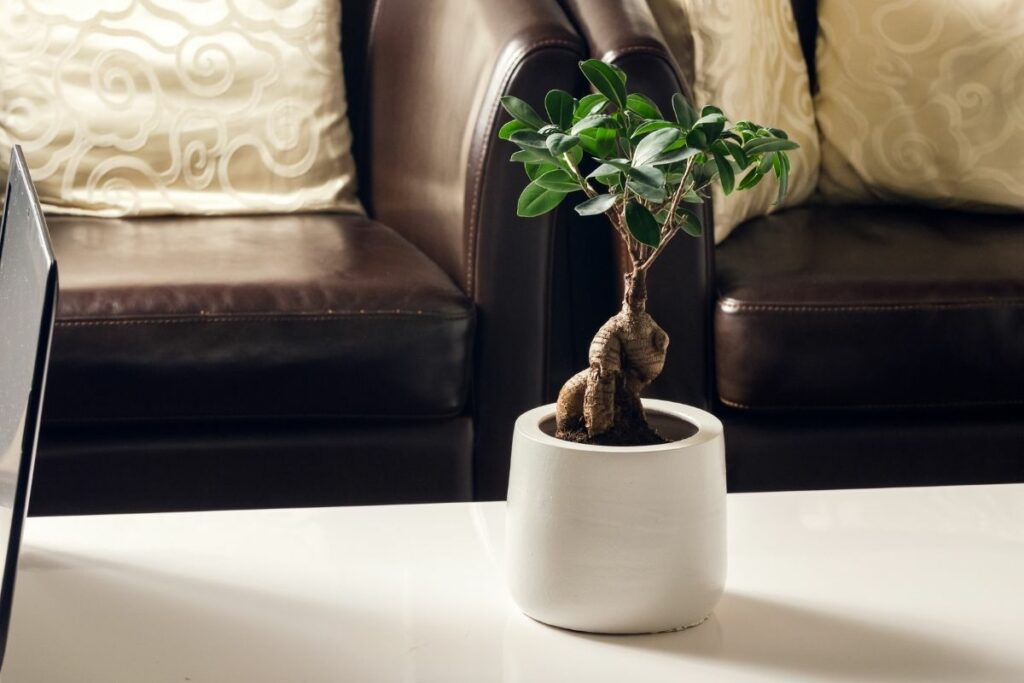
The danger zone for a temperature is around 60 degrees fahrenheit. If it gets colder than that, the ginseng might be in trouble and will need some help.
Although artificial lights aren’t recommended for growing ginseng ficus, if you have no other option to keep the area warm, you can use a portable heater to warm the room, but try to keep it away from the tree.
Always remember that you won’t need to water the ginseng as much during this time, just be cautious and keep aware of how the soil is doing.
Will Over-Pruning Make A Difference?
Pruning a ginseng ficus shouldn’t make a difference to its lifespan, but it is recommended that you keep 2 leaves on the tree at the very least.
The bonsai art process will be down to you and your tastes, so this comes around to personal preference. Having said that, it’s wise not to go crazy and start slicing areas on the ginseng or twisting the tree in the pot.
What About Watering The Ginseng Ficus?
In reality, a ginseng ficus doesn’t need to be watered all the time – it’s more about when the soil is incredibly dry. The likelihood of dry soil is higher during summer months or in a hotter state, so be aware of that when planning your watering schedule.
Remember – ginseng hates having standing water and it can be detrimental to their health. Try to avoid overwatering and pay attention to conditions that might aid in standing water.
What Do Ginseng Like?
Humidity and indirect sunlight mostly as it mirrors what their natural habitat would be and feel like. If you’re looking after your ginseng, you might be interested to know that “cleaning” the leaves with a wet, clean cloth is highly enjoyed by the tree.
Effectively, if you can recreate humid conditions with indirect sunlight – you’re in good stead.
So, How Do I Know If It’s Dying?
A common reason for ginseng’s early death is due to pests. If you’ve noticed that the leaves have holes in them or are falling out – you’ve likely got ginseng eating pests!
However, the same results can be due to lack of indirect sunlight or overwatering.
If the leaves appear to change color, you might have red spider mites which are a common problem. You can solve this problem before it gets worse by visiting a store that sells horticulture equipment and items.
You might also have scale insects which are normally found with indoor ginseng trees and they cause the leaves to go sticky and white. Sometimes, the damage they cause can be irreversible.
What Can You Do If You Notice Signs Like This?
If spotted early enough, some of these pests can be dealt with quickly and your ginseng can thrive once again. However, if the tree is suffering from being overwatered or not enough indirect sunlight, you’ll need to resolve these issues quickly.
Common Signs To Remember:
The signs to remember and when to take actions are:
- Leaves falling off or changing color
- A new root has grown through for aeration
- A strange or unusual smell
Summary
Caring for your bonsai tree takes commitment and care. To keep your ginseng from dying prematurely, follow some of these tips and you should be good!
- Best Hanging Plant For Low Light - September 4, 2023
- Best Indoor Plants Florida - August 28, 2023
- Best Plants For Bathroom Smells - August 21, 2023

